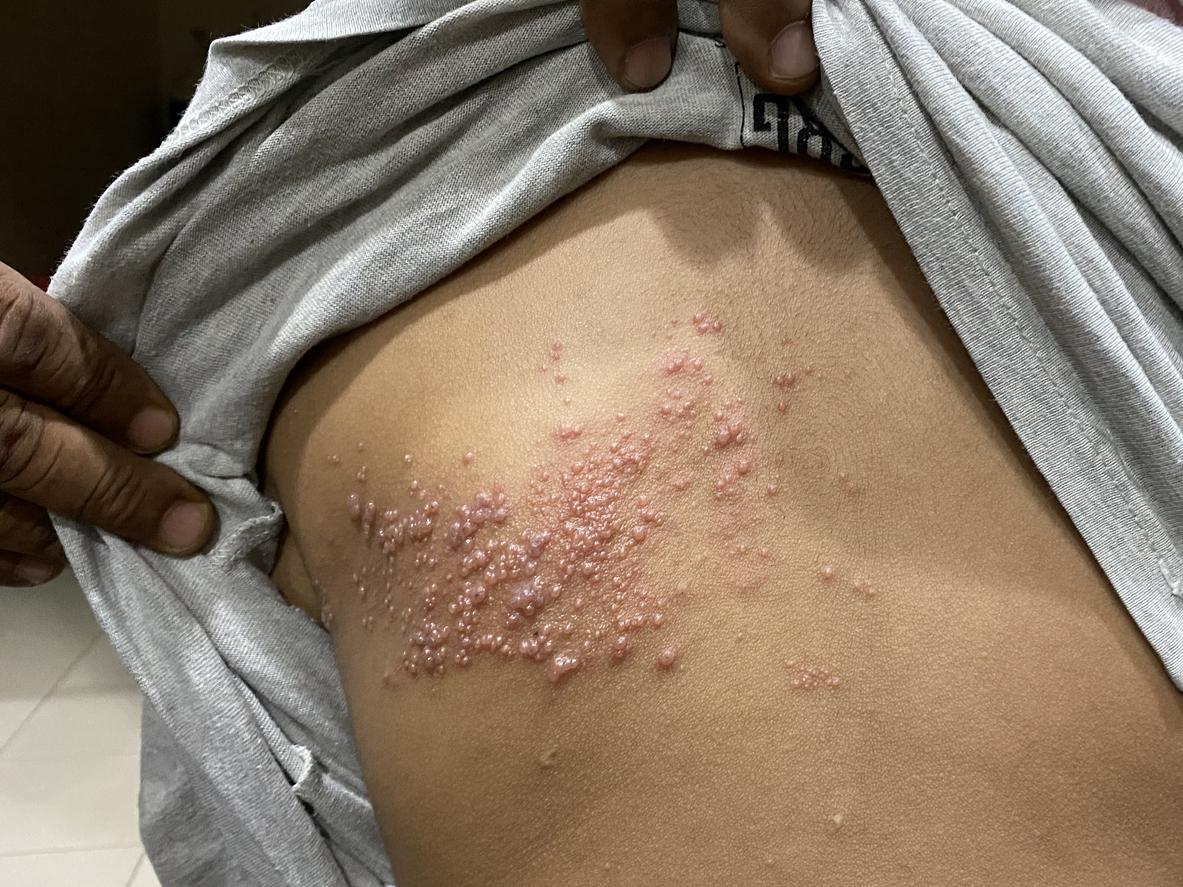Scientists have recorded the first cases of non-venereal syphilis.

- The oldest known genomes of the Treponema pallidum bacteria were identified on each body.
- There are three subspecies of Treponema pallidum, each causing a different disease: yaws, bejel and syphilis.
- The latest Public Health France report shows that venereal syphilis is far from having disappeared in France.
Scientists from the University of Zurich have succeeded in identifying the oldest known genomes of the bacterium Treponema pallidum from a set of human remains dating back around 2,000 years.
The bodies were discovered in Jabuticabeira II, along the Brazilian coast. Using cutting-edge techniques, the team managed to reconstruct the genomes of the Treponema pallidum bacteria on 4 individuals.
There are three subspecies of Treponema pallidum, each causing a different disease: yaws, bejel and syphilis.
4 bodies affected by “endemic non-venereal syphilis”
Scientists say the bacteria identified was linked to bejel, also known as “endemic non-venereal syphilis”a disease that causes damage to the skin and bones. Nevertheless, this research could help shed light on the sexually transmitted form of syphilis.
“The dating shows that the strains responsible for venereal syphilis evolved later than the strains responsible for béjel,” said Verena Schünemann, director of body research and member of the Institute for Evolutionary Medicine at the University of Zurich.
Most importantly, the study unequivocally proves that treponemal diseases were present on the American continent before European colonization. “It seems more likely that this bacterial family [était] already widespread throughout the world before Christopher Columbus sailed to the Americas”, concludes Verena Schünemann.
His report is published in the journal Nature.

Cases of venereal syphilis are exploding in France
The latest Public Health France report shows that venereal syphilis is far from having disappeared in France. The number of cases literally exploded between 2020 and 2022: + 110%.
In people with untreated syphilis, the disease progresses over time. The symptoms are specific to each of these phases (chancre, roseola, syphilides, etc.) and can sometimes be difficult to detect.
Diagnosis is based on serological tests.















